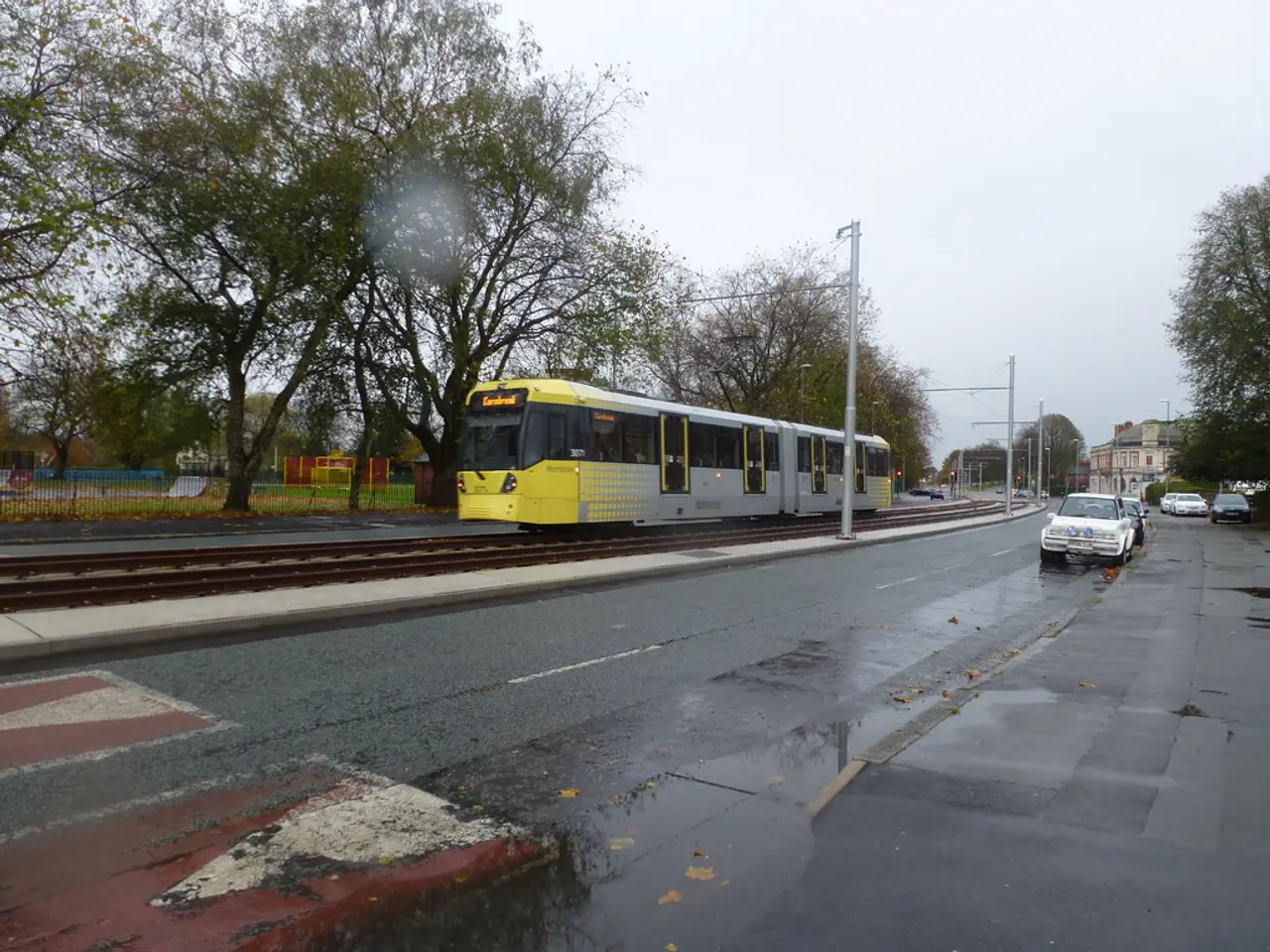"Beijing Consensus" Again Threatens "Washington Consensus"
The Chinese Premier Li Kai calls upon the Asian Infrastructure Investment Bank (AIIB) to strengthen support for the Belt and Road Initiative (BRI) and allocate more credit to infrastructure projects in developing Asian countries.
"I hope AIIB remains committed to open regionalism and continues to foster connections and communications between Asian countries and other continents," said Li, quoting CNBC the head of the Chinese State Council on the opening of the 10th annual Economic Forum organized by AIIB. "It's crucial to strengthen cooperation between the bank and BRI projects, and the Global Development Initiative (GDI)."
Political analysts view Li's statement as evidence of Beijing's attempts to leverage the reduction of American aid to international financial organizations like the World Bank and International Monetary Fund under President Trump, and increase China's position and influence on the global stage. Furthermore, increased Chinese activity on the global stage can be attributed to the heightened tensions between the two leading economies after Trump's return to the White House.
It is worth noting that both western financial organizations mentioned are part of the once famed "Washington Consensus," named by economist John Williamson in 1989, because of the similarity in their location and economic policies of their members (besides those named, it includes the U.S. Treasury and a number of analytical centers). Later, as America caught up with China in terms of economic size, the term "Beijing Consensus" (coined by Joshua Cooper Ramo) emerged, referring to an alternative course to the neoliberal approach. Although once popular, this term too became obscure, but may be relevant again.
The BRI, a project initiated by the Chinese President Xi Jinping in 2013, aims to increase China's global influence through the construction of railways, maritime and transportation corridors in Asia, Africa, and Europe.
Critics accuse Beijing of using this infrastructure project, financed mostly on Chinese loans, to trap developing countries in huge debts, leading them to dependency on Beijing. Besides banking lenders, Chinese companies have an unavoidable role as contractors in BRI projects.
Eight years after the launch of BRI, Xi announced a new global project – the Global Development Initiative (GDI) – in 2021. Its aim is to combat poverty, improve healthcare, and strengthen food security, resembling the United Nations' "Sustainable Development Goals" to 2030.
AIIB announced this week that from January 1, the bank will be led by former Chinese Vice Minister of Finance and member of the Communist Party of China (CPC) Committee Zhou Jiayi. Current AIIB President Jin Liqun, who was formerly a Vice Minister of Finance for China, is stepping down after completing two five-year terms as head of the bank.
AIIB includes 110 countries, including Russia, the United Kingdom, France, Germany, and Israel. The United States does not belong to this large bank led by China, with 26.5% of voting shares in Chinese hands. The bank, headquartered in Beijing, provides loans primarily for infrastructure projects to developing countries. Last year alone, it issued loans of $8.4 billion and brought the total amount of lending since its establishment in 2016 to over $60 billion.
In his speech at the World Economic Forum, often referred to as the "summer Davos," Li Kai also urged business leaders and politicians not to politicize trade. This too is one of the aspects of the "Beijing Consensus," which is considered politically neutral compared to the ideologically charged "Washington."
- The Chinese Premier Li Kai's call for the Asian Infrastructure Investment Bank (AIIB) to support the Belt and Road Initiative (BRI) can be seen as an effort to increase China's influence in global finance, mimicking the neoliberal approach of the Washington Consensus.
- The global news has been abuzz with the implications of Li's statements, as they are perceived as Beijing's attempt to exploit the reduction of American aid to international financial organizations like the World Bank and International Monetary Fund, thereby strengthening China's position in the general-news arena.
- As the AIIB, a significant player in the finance industry, expands its influence, it is essential for them to maintain a politically neutral stance, particularly in matters regarding investing and business, avoid politicizing trade, as urged by Li Kai at the World Economic Forum, to ensure economic growth and stability in a globalized world.







